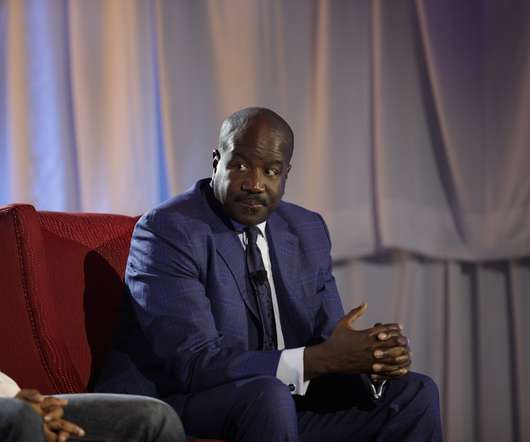The Stresses Of Leadership Shortens Life Expectancy
The Horizons Tracker
DECEMBER 27, 2020
Hostile takeovers. The researchers framed their analysis through the lens of hostile takeovers, which they reasoned cause considerable stress in the boardroom. “The health implications of stress are a very under-studied dimension for many jobs,” the researchers explain. “We

















Let's personalize your content